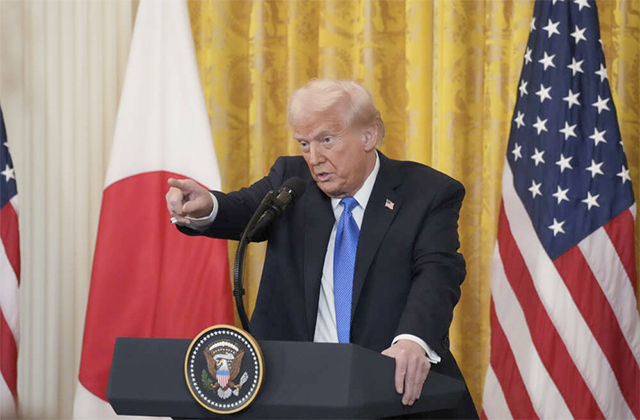Bankinter US President Donald Trump has announced the possibility of a 25% tariff on any country that imports oil or gas from Venezuela, either directly or through third parties. Trump announced this measure, dubbed a ‘secondary tariff’ for ‘sending tens of thousands of criminals to the US’, which was later confirmed by executive order. Although it is due to come into force on 2 April, its application will not be immediate and will be subject to the decision of Secretary of State Marco Rubio. He will have complete discretion to impose these tariffs on countries that import oil or gas from Venezuela, including China, mainly through the black market, India and Spain. For the moment, he is excluding limitations on his multinationals, which directly benefits Chevron. In addition, Trump plans to announce in the coming days tariffs on the auto sector and some exemptions or reductions in the reciprocal tariffs that were to come into force on 2 April. He also said he plans to impose tariffs on semi-trailers, timber and pharmaceuticals.
Opinion: This new announcement increases the negative sentiment towards international trade. Bad news for Spain, as it imports Venezuelan oil: in 2024, 3M barrels through Repsol. While the impact for Repsol seems moderate since in 2024 it produced 571M barrels, let’s remember that Repsol received a specific licence granted by the US Office of Foreign Assets Control (OFAC) to develop oil and gas projects in Venezuela. Remember that Repsol received a specific licence granted by the US Office of Foreign Assets Control (OFAC) to develop oil and gas projects in Venezuela. For reference, Venezuela is the country with the largest oil reserves in the world. However, according to the latest OPEC report, in February it produced 918 MBarrels (2.2% of OPEC+ production).





